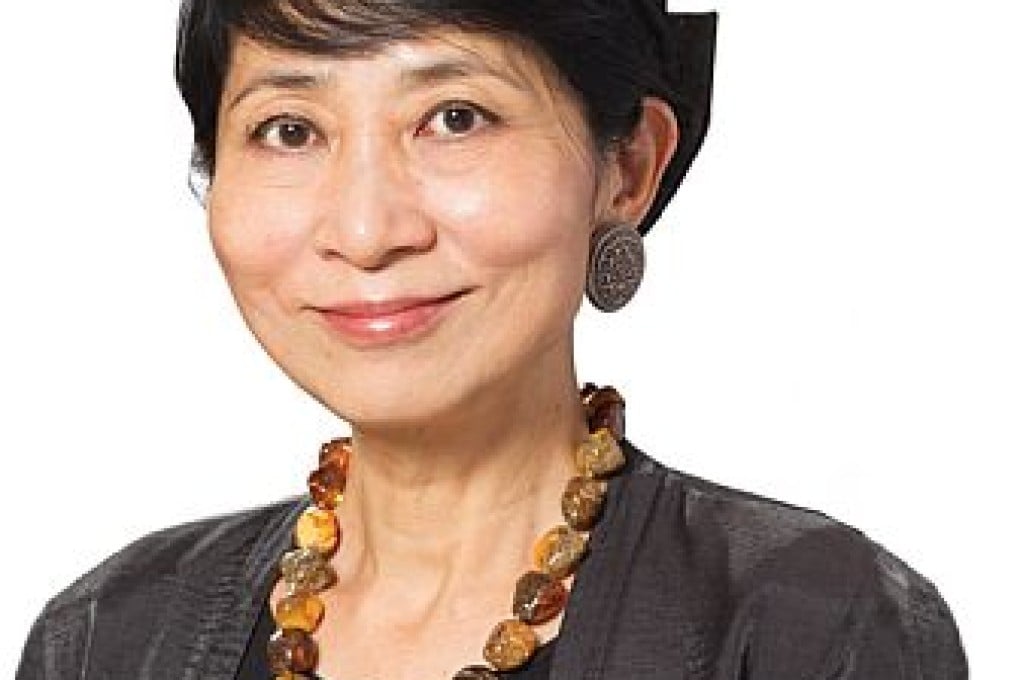Claudia Mo
A veteran journalist-turned-politician, former TVB anchor Claudia Mo is a founding member of the Civic Party, and is known for being an outspoken critic of the government. She talks to Yannie Chan about yelling at her boss, getting censored in newsrooms, and her frustrations with the current political process.

I was born and brought up here. My family was from Shanghai.
My teachers praised me non-stop. When you get such flattering feedback, it boosts your confidence. That convinced me that young people just need to be encouraged.
I remember reading “Children’s Paper” [a youth publication that ran from 1960-1966]. I started to write to the magazine, and I got sets of coloring pencils as prizes. Years and years later, Szeto Wah said, “I remember your name!” He had edited the magazine.
And then I went off to Canada. I still tended to translate in my head before I could express myself in English. By the time I could put my ideas into proper grammatical context, most of them had been expressed by others.
I still got good marks, because the teachers were giving me positive discrimination for being Asian.
My advisor at my Toronto high school warned us foreign students there’s no point applying to certain courses in university—including journalism at Carleton University.
So I applied mainly out of defiance.